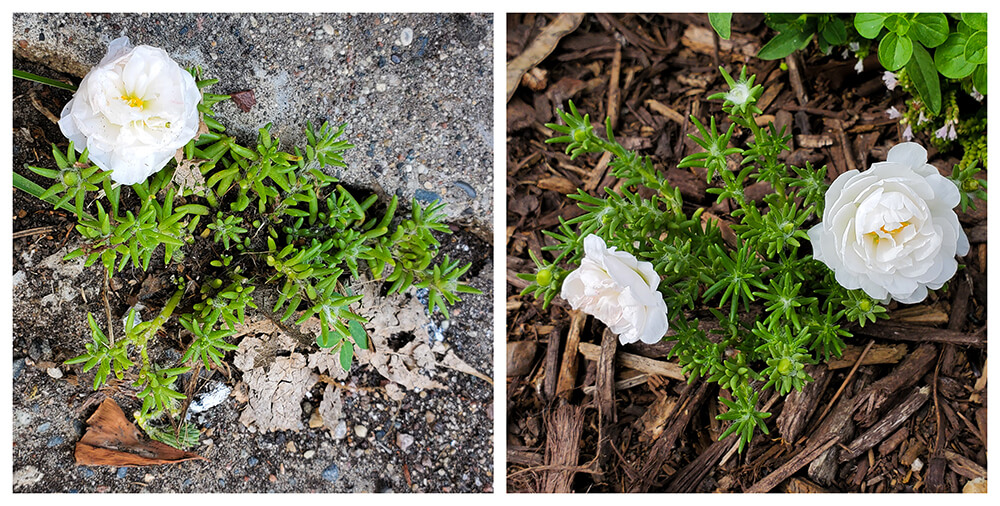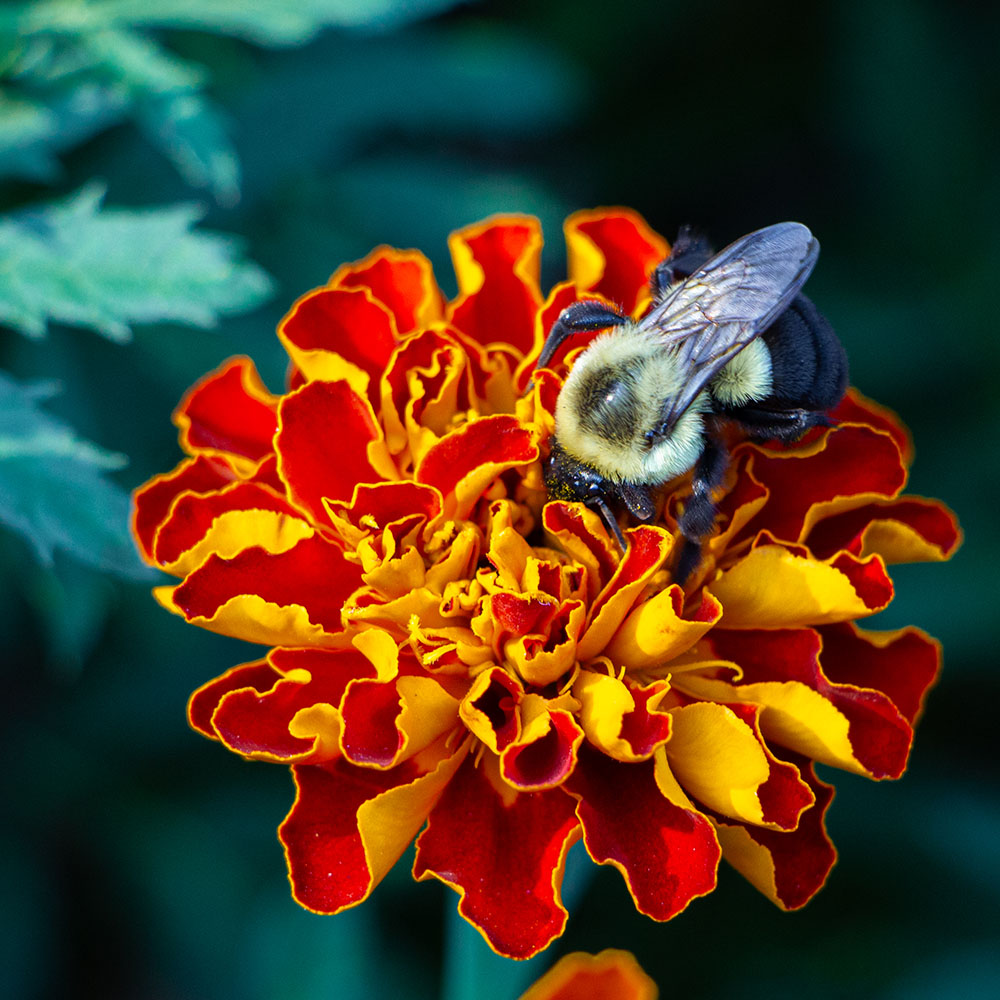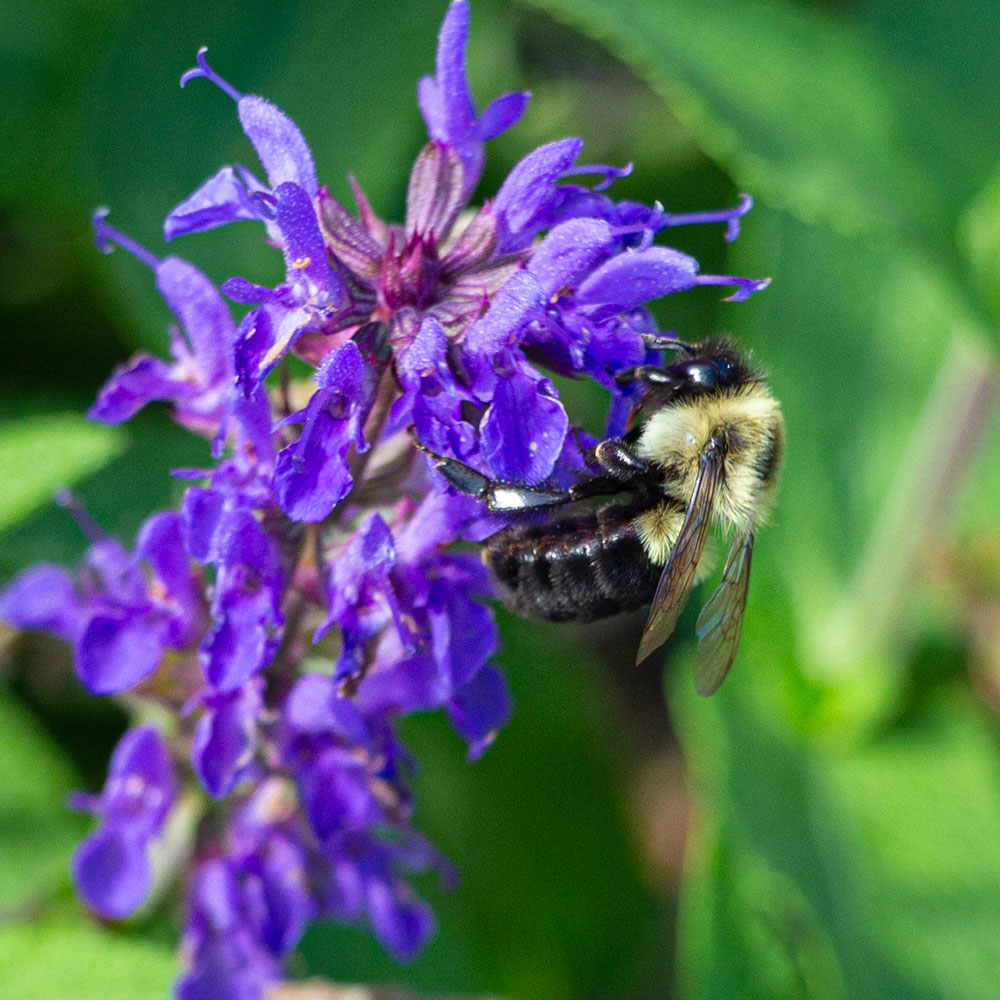2024 Project Launch Updates
It feels like only yesterday that I was jotting down notes for a New Year’s “upcoming 2024 project launch” blog post. Finally, in early June, I am making time to finish it! I have been working tirelessly, nearly seven days per week, for the past year to bring these projects to bear. Needless to say — I am tired!
The first major project is building up the framework and infrastructure for the reformed Minnesota Comic Book Association. The second project is a Kickstarter campaign to help fund MNCBA FallCon 2024 at the MN State Fair Grandstand. The third project is final preparations for the launch of my new webcomic, “Behind the 8-Ball,” which goes public on 2 September. It will update once per week.
The following post reflects my own personal opinions and perspectives. It is not intended to represent the views of the Minnesota Comic Book Association.
MNCBA SpringCon 2024
MNCBA SpringCon 2024 was, by nearly all measures, a resounding success.
We roughly doubled our MNCBA FallCon 2023 attendance from 600-700 to 1400-1500. The organization underwent a partial turnover of Executive leadership in November of 2023 immediately after the fall show. At that time, I moved into the Vice President role, in addition to my work as Creative Director.

The SpringCon venue selection was finalized prior to the change in leadership, and I was not involved in that decision. While several of my apprehensions about the venue came to pass, the feedback we have received about the show has been almost universally positive. Fortunately most people have been able to distinguish between issues related to the venue and the actual execution of the event.
The two primary hiccups were the artificial turf of the Fieldhouse; my main concern. The complex also had several outdoor baseball games scheduled that were not disclosed to us when the Fieldhouse was booked in fall of 2023. Due to these games and our increased attendance, the available parking lots quickly filled once doors opened. There was little we could do at that point.
Not to minimize anyone’s distress, but in the grand scheme of problems to have, overflowing a parking lot is preferable to not being able to fill one at all.
While I can make no official statements, we are exploring other venues for MNCBA SpringCon 2025. Finding a venue that can accommodate such a large show while keeping ticket and table costs down is extremely difficult. I believe everyone would ultimately like to bring both conventions back to the MN State Fairgrounds, but securing dates and buildings there is a complicated process. Please understand that all of the MNCBA leadership is doing our best.
MNCBA FallCon 2024 Kickstarter Launch
For more than a year, I have been working behind the scenes to build a FallCon Kickstarter campaign around the mascot character I created for the new MNCBA: Shortbox the Squirrel. I, along with twenty-six other artists, donated artwork to create a 32-page colouring book as the main campaign backer reward.
The colouring book, stickers, and prints are something that everyone can enjoy even if you are not a resident of the Twin Cities area. Backer rewards will initially be available for pickup at FallCon this October. However, the cost of shipping is included if you are not able to pick your reward up. Please pledge for yours!
Being a part of rebuilding the MNCBA has been one of the most personally rewarding — and professionally satisfying — experiences of my life. Any support you can offer is deeply appreciated by both myself and the other volunteers. The new organization has many longer-term goals, including archiving and preserving the history of Minnesota’s comic book community. There are plans to branch the organization out into more charitable and educational activities. I also hope to see it become a hub and resource for local comic book creators.
Getting the conventions up and running again is only the first step!
The new MNCBA leadership is beginning to gel together as a great team. I am excited about what we will accomplish going forward. Again, if you can afford to, please consider pledging today to help us host the best FallCon possible and achieve our longer-term goals. We need community now more than ever.
MNCBA Youtube Channel Launch
As part of the Kickstarter campaign, I offered written interviews to all of the participating artists. These interviews are currently being shared via campaign updates on Kickstarter and the MNCBA social media. However, I do plan to add them to the MNCBA website when I do the next major update.
Another element of the Kickstarter campaign has been the soft-launch of the MNCBA Youtube channel. I am conducting brief, in-person interviews to lift the voices of many of the volunteers who have been working in the background for years, alongside artists and vendors.
As Vice President of the MNCBA, one of my personal focuses has been on addressing the frustrations I experienced as a volunteer myself in the past. I set up and launched a new mobile and web app system for our volunteers to improve communication and scheduling. I am working closely with the MNCBA Volunteer Coordinator, Matt Walkosz, and other team leads to implement this system.
We are in the process of creating a Volunteer Handbook that can be given to all members. Additionally, volunteer roles are being clearly-defined, with designated shifts and coverage for breaks to ensure everyone has an opportunity to actually enjoy our events. There is an established chain of command to resolve any problems quickly. My experience in retail management has been helpful.
Watching people grow and become more confident is such a joy.
Creating these videos has been a delight, as is having the opportunity to talk one-on-one with many of the volunteers I am too busy to talk much with at the events. I plan to continue recording them as a more general “People of the MNCBA” series after the conclusion of the Kickstarter campaign.
Behind the 8-Ball Webcomic Launch
Finally, as I announced earlier this year on my social media, Behind the 8-Ball launches on 2 September. I am behind on my pre-launch comic schedule due to my MNCBA work and difficulties at my day job, but I have set aside time in July to make up lost ground. I have worked most of the bugs out of my process.
The comic will update every Tuesday afternoon on both my website and social media accounts. When the full buffer is complete, my Patreon subscribers will be able to read roughly three months’ worth of updates early. Patreon subscribers can read even further ahead via the analog rough drafts I share there as well.
Expect the first print collection in late 2025 at the earliest, though there is a small but non-zero chance I will have a few “preview” ashcans with me at FallCon.
Thank you all for taking the time to read today. I hope to see you this fall!

















